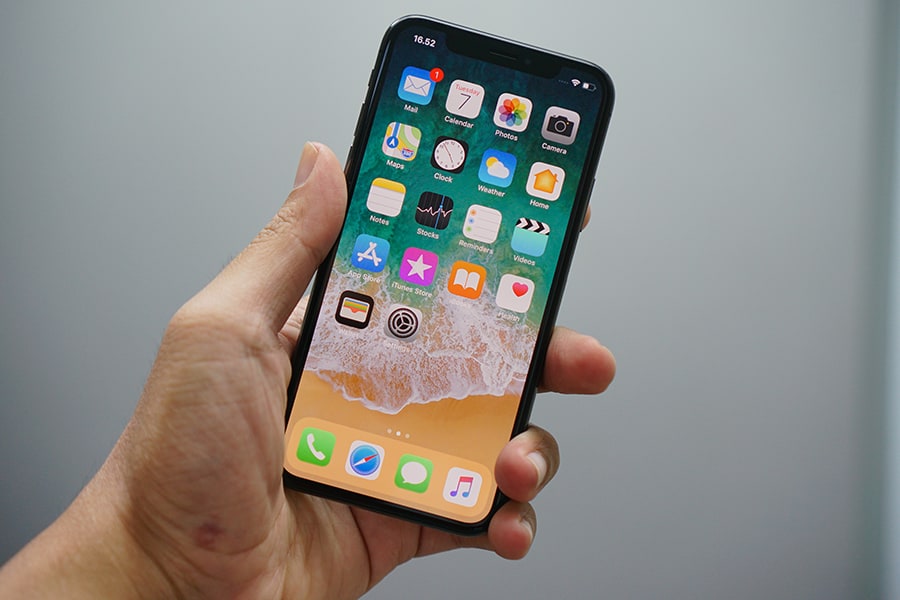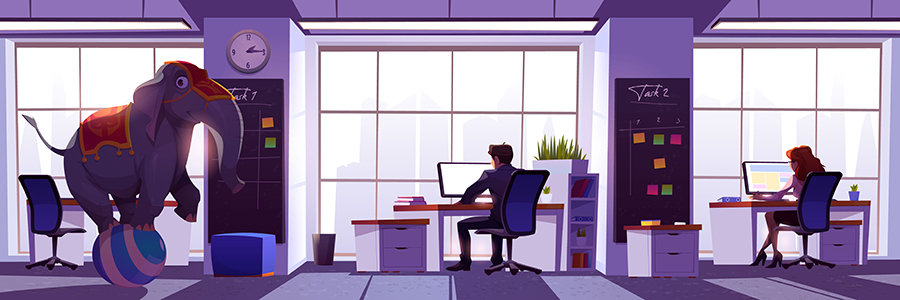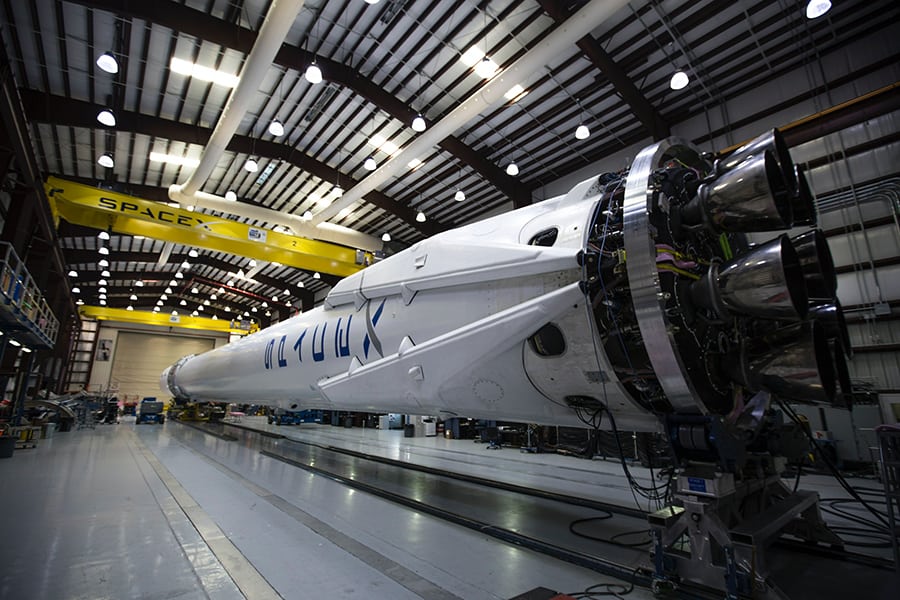Are engineers underappreciated? Most are, but somehow, the magic of engineering has slipped from the public eye and employers’ grasp.
But why? Let me share six reasons why engineers are getting the short end of the appreciation stick:
- The 21st-century standard of living’s impact on engineering salaries
- Inadequate protection for the engineering profession
- The unregulated title of “engineer”
- The media’s disinterest in engineering
- Engineers’ subpar self-promotion skills
- The diverse backgrounds of engineers in the workforce
Now, I’m talking about U.S. engineers here. You might be surprised to know that in some countries, top engineers are treated like rock stars – and they totally deserve it!
Engineers tackle some of the toughest real-world problems, and they’ve been doing so for ages. Think of them as the original architects of humanity, a blend of scientist and engineer.
But let’s pause for a moment and ask ourselves: do engineers even want more appreciation?
Do engineers want greater appreciation?
Truth be told, most engineers are introverted and don’t necessarily crave public praise. However, they wouldn’t mind a little recognition within their own companies. They don’t want their managers or other business folks to:
- Ignore their inputs
- Rush their projects
- Make ludicrous demands
- Offer low salaries and raises
- Take credit for their work
- Walk over them
- Blame them unjustifiably
When you spend most of your waking hours in a place that doesn’t appreciate you, life can get pretty rough. This is especially true when your work involves complex, high-risk designs, like, say, signing off on a bridge that millions of people will drive over.
So, why aren’t engineers getting the appreciation they deserve from the public and employers?
#1 The 21st-century standard of living’s impact on engineering salaries

Oh, how far we’ve come! Just think about it – we used to face painful deaths in our thirties and forties, and journeys that now take 10 hours used to last months. By understanding our modern standard of living, we not only appreciate life more, but also grasp the labor market dynamics better.
So, what’s the connection with engineers being underappreciated?
Well, the cost of engineering labor is a massive factor in today’s standard of living. Imagine if engineering salaries doubled overnight; your favorite tech gadget’s price could shoot from $1,000 to $2,000! Companies have to cover their overhead costs, and labor is a big chunk of that. Naturally, they pass this cost on to us, the consumers.
Gatekeepers of the engineering profession
The NCEES exists, but it’s nothing like the American Medical Association (AMA). The AMA limits the number of graduating medical doctors, keeping their supply low and demand high. However, in engineering, freshly graduated engineers with basic skills saturate the market, leading to a decreased demand for their services.
Sure, there are exceptions. Specialized skills, like those of 10x engineers, remain in high demand. But generally speaking, this oversupply results in lower salaries for average engineers, making many feel they’re underpaid.
The thing is, the public usually equates high value with high six-figure incomes. Most engineers don’t get that kind of appreciation since their salaries don’t quite cut it. Just look at software engineers in Silicon Valley, some of whom rake in million-dollar-plus packages, making them the cool kids on the block. Remember the TV series ‘Silicon Valley‘? Yeah, that’s what I’m talking about.
Ultimately, no external forces control the engineering profession, as that would disrupt the consumer market.
#2 Inadequate protection for the engineering profession
Let me tell you, when it comes to engineering and medicine, it’s obvious that doctors do a way better job of protecting their turf than engineers. Sure, doctors have their fair share of issues, but when it comes to guarding their profession, they’ve totally nailed it.
Take the AMA, for example. By limiting the number of medical schools, they make sure only the best of the best become doctors. Engineering, though? That’s a whole other ball game. It’s tough to get into engineering school, but way too many Average Joes manage to sneak in. Plus, there’s hardly any regulation when it comes to opening new engineering schools.
Just look at these acceptance rates, which show how medical schools let in far fewer students than engineering schools:
| School | Medical School Acceptance Rate | Engineering Undergrad Acceptance Rate | Engineering Graduate Acceptance Rate |
|---|---|---|---|
| Stanford University | 2.3% | 5% | 13% |
| University of Arizona | 2.3% | 83% | 51% |
| Virginia Tech | 2.3% | 72% | 22% |
| UCLA | 2.4% | 12% | 27% |
| Brown University | 2.8% | 9% | 28% |
| University of North Carolina | 3.6% | 52% | 18% |
| Harvard University | 4.1% | 4% | 9% |
| John Hopkins University | 7% | 12% | 35% |
This gap in acceptance rates makes folks think doctors are more valuable and smarter than engineers. But let’s get real – acing exams doesn’t make you a genius, and failing doesn’t mean you’re doomed to flop in the workplace.
#3 The unregulated title of “engineer”
When people ask me what I do, I sometimes just say “engineer.” Most of the time, nobody’s impressed.
No sweat off my back. I don’t even like talking about my job because it feels pretentious.
But I’m getting off track. I think a big reason for the lack of appreciation is that the engineering title isn’t protected.
Loads of non-engineers call themselves “engineers.” This dilutes the professional brand and creates public confusion. Bobby, fresh out of high school, might be the “Building Engineer” at a Fortune 500 company. So, becoming an engineer must be a piece of cake, right?
Compare that to the medical field, where the “Doctor” title is closely guarded. You hardly ever hear someone call themselves a doctor when they’re not. When you hear “doctor,” you think of people who help heal the sick.
But when you hear “engineer,” it’s hard to picture what they actually do. Nowadays, engineers seem to have their hands in everything. I’ve even seen “popcorn engineer” on a business card.
Bottom line: How can you appreciate a profession when you don’t even know who’s in it?…
#4 The media’s disinterest in engineering

Let’s face it, most engineering work doesn’t exactly scream excitement to the average person. All they know is that engineers solve complex problems.
Remember the “Impossible Engineering” and “Megastructures” TV shows? They were brilliantly made and totally fascinating to me, but my non-technical friends couldn’t care less.
However, throw in some controversy and human interest, like Elon Musk, and suddenly, people pay attention. Sure, he’s a technical whiz, but I bet no one thinks of him as an engineer. Instead, he’s the eccentric billionaire CEO straight out of an “Iron Man” movie.
Truth be told, engineers tend to be a snoozefest for most people, and you only appreciate things that interest you.
The Hollywood portrayal of engineers
In movies, engineers are often shown as scruffy, obedient loners, working tirelessly in small offices with their heads down. Growing up, that was the image of engineers I got from watching films, and I know I’m not alone. There’s some truth to that stereotype, and I’ve even delved deep into Hollywood’s portrayal of engineers.
So, can you blame people for not appreciating engineers more?
In the end, the media holds a lot of power over how we view professions. Medical dramas glorify doctors to the nth degree, boosting their image. Engineers, sadly, don’t have that kind of TV representation.
#5 Engineers’ subpar self-promotion skills
Engineers aren’t blameless. In fact, they’re a big reason why they don’t get the appreciation they deserve.
I’ve noticed a few things: dress code, complacency, and weak social skills. Let’s dive into each one.
Dress code
Decades ago, engineers looked dapper, even donning ties to the office.
Fast forward to now, and you’ll find engineers rockin’ a more laid-back look. Most of us just throw on some jeans and a tee. Toss in a bit of messy grooming, and bam! You’ve got yourself a recipe for a lousy first impression.
Let’s be real, we’re all about the visuals. We can’t help but judge books by their covers, even if it’s a bit shallow.
I’ll be the first to raise my hand – guilty as charged. I live in jeans and an ordinary tee, all thanks to Steve Jobs and Mark Zuckerberg for setting the trend. I’ve got a whole closet full of identical outfits that I just rotate through. Why? Because not having to pick out clothes every day saves me time and brainpower.
But, hey, when it’s time to meet clients, I do spruce up a bit. Apart from that, I couldn’t care less what people think of my fashion sense. Still, I’m not oblivious to the impact my wardrobe choices might have.
The impact of a poor dress code
You know, there are times when it’s hard to tell an engineer from just any Tom, Dick, or Harry. We humans are wired to pick up on visual cues, and that’s why a white lab coat or scrubs grab our attention – we instantly think, “Aha! A doctor!” It’s the same with police officers in uniforms – their military-esque garb sets them apart and can make them seem less human, which might explain why people are less likely to attack them during protests.
Now, imagine if engineers strutted around in real-life Iron Man suits like Tony Stark. I bet they’d be more respected than any celeb or sports star out there!
Complacency in work
Complacency can sneak up on anyone, in any field. You land a job, settle down, and suddenly you stop learning. Your colleagues, once awestruck by you, start seeing you as a one-trick pony.
Sure, many people think engineers are hardworking and always eager to learn, but I’ve heard of folks losing respect for engineers after getting a glimpse of their work habits.
Poor social skills
Let me tell you, one reason Obama was so beloved as president was his incredible way with words. We often link great communication skills with intelligence and respect.
Think about it – growing up, the folks we saw on TV who spoke eloquently were usually smart and respected. So naturally, we assume all brilliant and highly esteemed people must be amazing speakers, right? It’s a classic case of selection bias.
Take British accents, for instance. To us Americans, they seem oh-so-sophisticated and intelligent. Why? Because BBC anchors with their posh accents discuss complex topics with such grace and clarity.
But here’s the thing: engineers often struggle with communication skills. Many of them are shy and awkward around others, which doesn’t exactly boost their image.
Want to level up? Check out my 12 tips on how engineers can improve their public speaking.
#6 The diverse backgrounds of engineers in the workforce

Let’s zoom in on individual engineers. Their worth, in my opinion, depends on these questions:
- Where do you work?
- Are you self-employed?
- What type of projects do you work on?
Let’s dive into each one.
Where do you work?
There’s a reason people say, “I’m an Apple engineer,” instead of just, “I’m an engineer.” The Apple title packs a punch because everyone knows how amazing their products are, and we all remember the legendary Steve Jobs. Being an Apple engineer instantly makes you look smart in the public eye. But if you’re an engineer at ‘Billy’s Engineering,’ no one’s going to be impressed.
Plus, there aren’t that many Apple engineers, which adds an air of exclusivity, kind of like seeing a pro athlete out and about.
The thing is, most engineers don’t work at famous companies.
Are you self-employed?
Owning a business can really pack a punch. The public often equates business owners with brains and wealth.
But here’s the rub: most engineers are risk-averse and don’t usually start their own companies.
And hey, you need a legit business, too. Nowadays, everyone on social media claims to be a CEO entrepreneur.
What type of projects do you work on?
If you tell someone you work on space rockets, their minds will be blown. Most of us grew up with a personal connection to the space race. So if you work on something recognizable, you’ll be more appreciated. That’s why some engineers like to brag, “I’m an engineer and I design space rockets.”
Sadly, most engineers work on projects that the public finds mundane, like calculating beam loads for small buildings.
“Are engineers underappreciated?” wrap up
Clearly, this isn’t a black-and-white question. It’s no different than how some doctors nowadays feel underappreciated.
Ultimately, though, you should pursue a career for personal reasons, not for external validation. Trust me, your insecurities will linger and chasing fulfillment will become a never-ending quest.
However, appreciation from your coworkers is another story. A lack of appreciation can turn your life into a living nightmare.
All in all, both the engineering profession and engineers themselves need to step up their game in the self-representation department.
So, do you think engineers are underappreciated? If so, why do you think they don’t get the recognition they deserve?
